A common question is how your grid connection is affected by the installation of a solar system. Any home that is connected to the electrical grid will have something called a utility meter that your energy provider uses to measure and supply power to your home. When you install solar panels on your roof or on a ground mount on your property, they are connected to your home’s utility meter. It is important to know that you will always have access to grid power in case you need more power than your solar system produces. The switch between grid and solar energy happens automatically.
All homeowners in Switzerland have the possibility of feeding back surplus solar power into the grid when the solar system is overproducing (like during the day in sunny summer months) in exchange for a reimbursement from the local utility company. The amount you will get back depends on the utility company. As a general rule, though, you are payed more or less what it costs to produce the solar power in the case of smaller systems. For medium sized and larger systems, the production costs are usually so low that you make a profit on the fed back solar power.



.avif)


.avif)
.avif)

